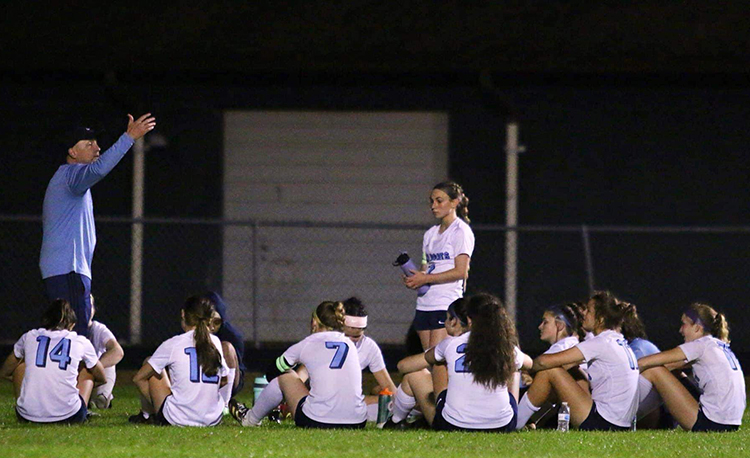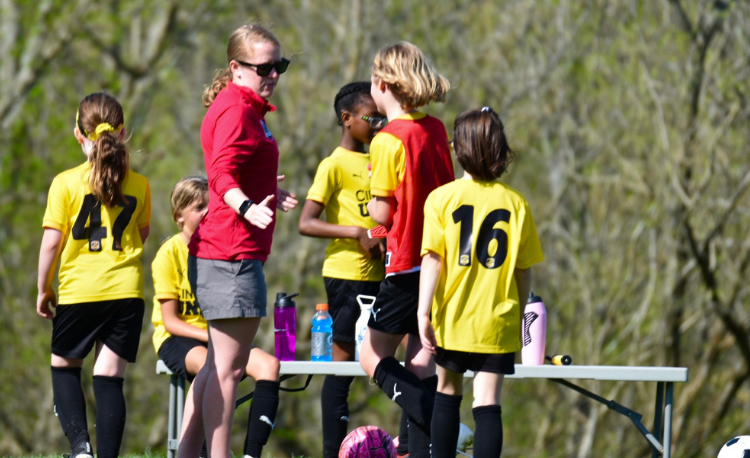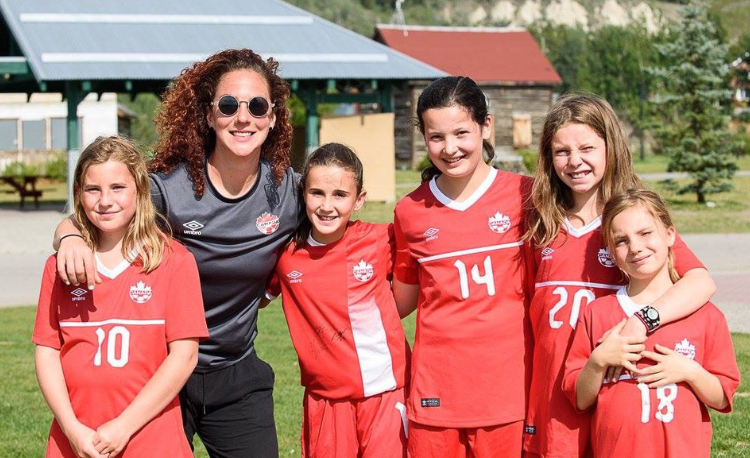You are viewing
1 of your 3 free articles
How to respond when your players make mistakes
Don’t call players out in front of people if they make a mistake – they will perform best when free of pressure, says college and high school coach Mark Leonard
Mistakes are part of the game. Coaches know it. Players know it.
However, the way coaches respond to mistakes will influence the performance of the players on the field.
In my 19 years of coaching, I have never yelled at a player for making a mistake in a game. The mistake has already happened, we cannot get that moment back. Why yell at a player for a past event?
These are learning experiences. When one of my players makes a mistake, we don’t have the conversation in front of her peers. It only adds pressure to a situation, and, at times, can cause embarrassment.
I don’t focus on the negative, but rather present solutions to the player for the next time that opportunity presents itself.
When someone misses a shot. I’ll hear from others, "Lock your ankle”, "Get your shoulders over it", "It was an open goal”. The player knows. We don’t have to call them out in front of their peers, the fans and the other team.
It is this additional pressure that can lead to poor performance, lack of confidence, and, sadly, for players to leave the game.
Play without fear, doubt, or regret. Fear makes you not take the shot you should have taken. Doubt only leads to apprehension and lack of consistent decision making with the ball. Regret is when you let the first two affect your play.
The game ends for all at some point in time, whether you reach recreational, club, high school, college, or, if fortunate enough, the professional level.
As coaches, we get the best out of our players when we let them play, free of the mental obstacles that will affect their game.
"In 19 years of coaching, I have never yelled at a player for making a mistake in a game..."
I don’t yell instructions on the field for our players. We talk at water breaks, half-time, or during the week at our training sessions. The game is their time to apply what we talked about and show their creativity in the game.
Soccer is about creativity. The players should be free to play. My players know I support them, even when they are not playing their best, or when they make a mistake in the game.
I’m fortunate in that I have players that own their mistakes and take accountability. I find myself often helping them move on from the moment, telling them the next opportunity can be seconds away.
Players carry pressure with them into each game. Parental pressure, opposing-team pressure, game-magnitude pressure. We must diffuse that pressure for them, and it starts with the way we handle adversity in the game.
I have always believed players will take on your persona in a game. We set the example for them.
Following a moment of adversity, I usually start with a light-hearted comment to bring down the stress, then go into what we need to do next time.
Getting a laugh out of the player first lets them know it’s going to be okay, and we are building from that moment.
Soccer is a beautiful game in the lives of these players. It can last for a short time or become a career.
Our job as coaches is to share our passion for the game, enhance players’ love of the game, and have them not be afraid to fail at times.
Our responses to adversity can accomplish all three.
Related Files
Newsletter Sign Up
Newsletter Sign Up
Discover the simple way to become a more effective, more successful soccer coach
In a recent survey 89% of subscribers said Women's Soccer Coaching makes them more confident, 91% said Women's Soccer Coaching makes them a more effective coach and 93% said Women's Soccer Coaching makes them more inspired.
*includes 3 coaching manuals
Get Inspired
All the latest techniques and approaches
Women's Soccer Coaching offers proven and easy to use soccer drills, coaching sessions, practice plans, small-sided games, warm-ups, training tips and advice.
We've been at the cutting edge of soccer coaching since we launched Soccer Coach Weekly in 2007, creating resources for the grassroots youth coach, following best practice from around the world and insights from the professional game.







